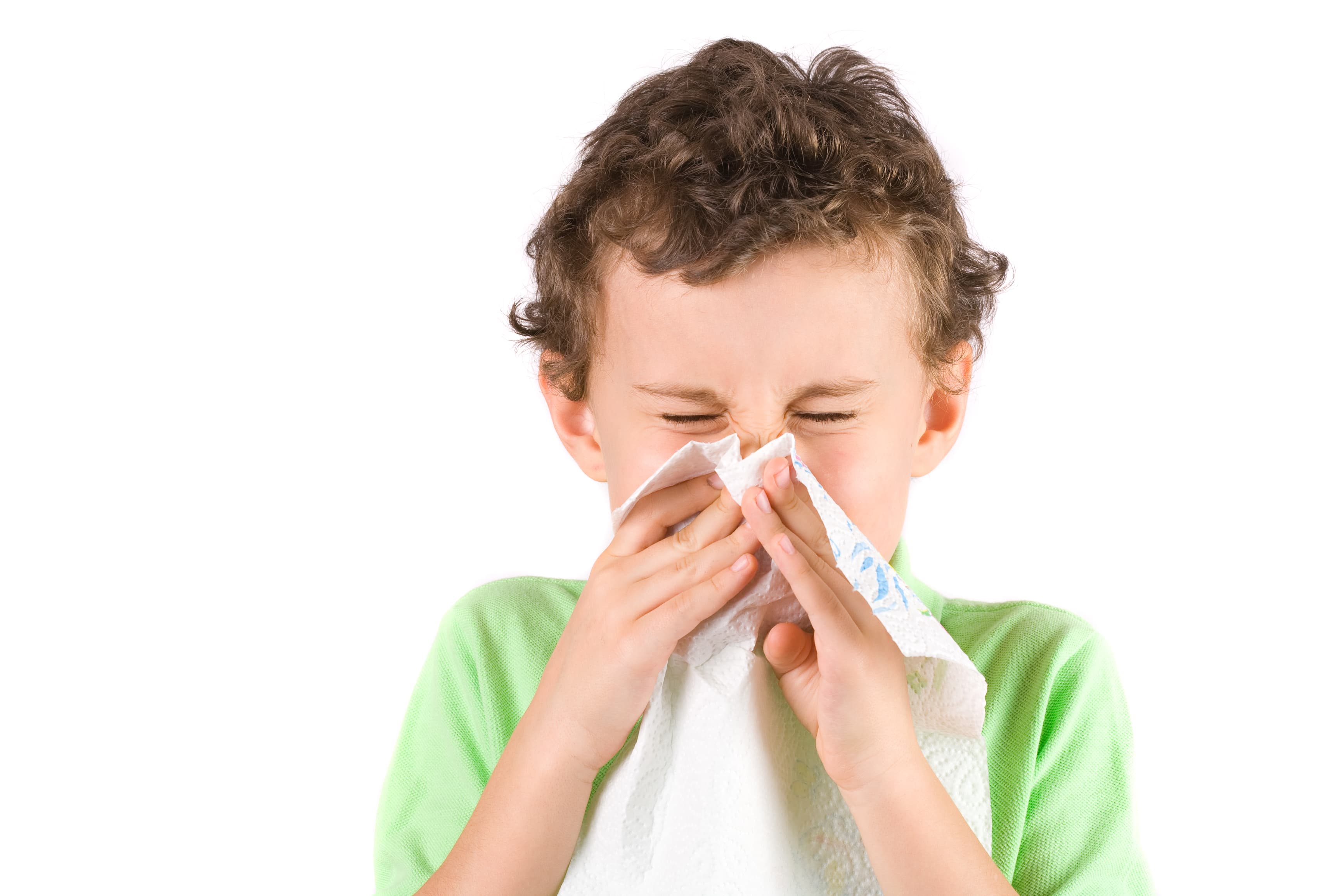
- 0203 903 7866
The Portland Hospital for Women and Children,
205-209 Great Portland Street, London W1W 5AH - Request Appointment
 GP Referral
GP Referral

Coughs are a common symptom, but they can be caused by anything from a mild cold to a serious chest infection in a child. Although coughs can usually be managed at home, it is a good idea to see a doctor if you think that it is caused by a chest infection. It is therefore important to know the difference between a normal cold and a chest infection.

Coughs, colds and chest infections all affect the respirator system, but they are classified according to where the infection is located.
The usual coughs, colds and flu that we all get are located in the upper respiratory tract and are therefore known as Upper Respiratory Tract Infections (URTIs). An URTI can affect the:
Chest infections affect the lower parts of the respiratory system and they can be classified according to their precise location:
If your doctor diagnoses a chest infection in your child, the name used will therefore tell you exactly where the problem is located.
Although the location of the infection is the main difference between colds and chest infection in children, there can also be differences in the ways these infections affect your child. The symptoms of a chest infection are more likely to include coughing and bringing up phlegm. An upper respiratory tract infection may cause a cough, but it can also produce symptoms such as sneezing, a blocked or runny nose and a sore throat. The effects of a chest infection will also tend to last a little longer. Most coughs and URTIs will go away within a week. A chest infection such as pneumonia or bronchitis will usually last for several weeks. The cough can usually still be treated at home, but it is best to consult a doctor as there is a risk of complications with a chest infection.